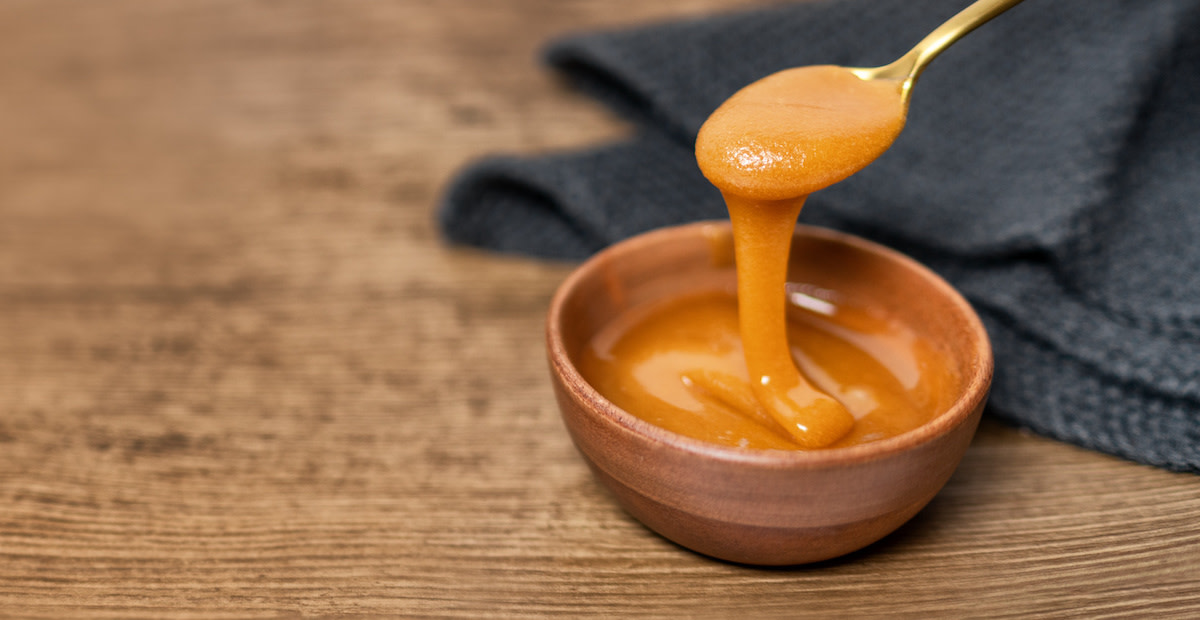Manuka Honey: 4 Benefits of Manuka Honey
Written by MasterClass
Last updated: Oct 25, 2022 • 2 min read
Manuka bushes in New Zealand and Australia produce manuka honey. This type of honey has historically been used as alternative medicine and features a range of healing properties.
Learn From the Best
What Is Manuka Honey?
Manuka honey comes from the tea tree Leptospermum scoparium, which is native to Australia and New Zealand. The tree, also known as a manuka bush, produces nectar that bees swallow and disgorge in their hive. Settlers introduced hives of honeybees to Oceania in the 1800s; since then, Australian and New Zealand manuka have become popular thanks to the organic product’s medicinal properties.
Manuka honey has a high concentration of the compound methylglyoxal (MGO), whose antimicrobial properties inhibit microbial growth. This Unique Manuka Factor (UMF) makes the honey a superfood rich for skincare and health care uses.
Manuka Honey vs. Honey: What’s the Difference?
Manuka honey derives from the Leptospermum scoparium tea tree in Australia and New Zealand. Standard honey can come from various flowers around the globe. Manuka flowers have a high concentration of the compound methylglyoxal, giving manuka honey more antibacterial properties than ordinary honey. In appearance, manuka honey is more opaque.
4 Manuka Honey Health Benefits
You can use food-grade manuka honey as a natural sweetener in beverages or apply it topically to treat wounds and skincare issues. Consider the following uses of manuka honey and the honey’s potential benefits:
- 1. Clearer skin: Applying manuka honey to the face can reduce inflammation and kill acne-causing bacteria when you use it for skincare.
- 2. Good oral hygiene: Manuka honey can help combat gingivitis and oral health issues like plaque. The honey can also kill bacteria and freshens your breath.
- 3. Healthy immune system: A spoonful of manuka honey with warm tea can benefit the immune system. When you have a sore throat, its antibacterial properties can act as a natural cough suppressant and kill bacteria that cause swelling.
- 4. Shorter healing times: The antimicrobial properties in manuka honey can help speed up wound care. The US Food and Drug Administration (FDA) has approved manuka honey for wound treatment. Consuming manuka honey might also treat gastric ulcers.
Manuka Honey Side Effects
Nutritionists acknowledge manuka honey as a medicinal product, but if you have honey allergies, steer clear of its use. Before applying it topically, do a test patch on your skin to gauge whether or not it incites an allergic reaction. Manuka honey, like any other, has a high sugar content, so consume it in moderation. Too much can lead to weight gain, tooth decay, and other health issues. Additionally, giving children under twelve months of age manuka honey can lead to botulism.
The Manuka Honey Grading System
It is essential to identify medical-grade manuka honey if you plan to use it for antibacterial effects. The UMFHA in New Zealand and the Australian Manuka Honey Association test manuka honey for its dihydroxyacetone (DHA) and leptosperin concentrations to authenticate the potency of this honey. The Unique Manuka Factor (UMF) measures the honey's antibacterial properties and activity.
A 0–4 on the UMF scale means the honey has low antibacterial activity. A 5–9 reading means the honey is a food-grade one, and 10–14 UMF ratings mean a higher prevalence of methylglyoxal, dihydroxyacetone, and leptosperin. A rating of 15 or over—common in manuka honey—reveals the honey has high levels of the three compounds, meaning it also has significant anti-inflammatory properties.
Learn More
Get the MasterClass Annual Membership for exclusive access to video lessons taught by the world’s best, including Joe Holder, Robin Arzón, Donna Farhi, Jon Kabat Zinn, and more.
